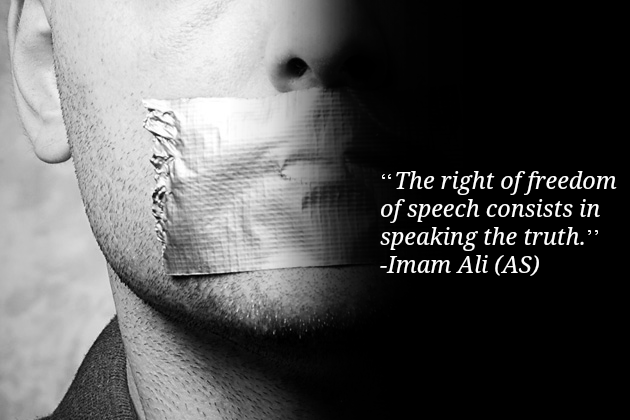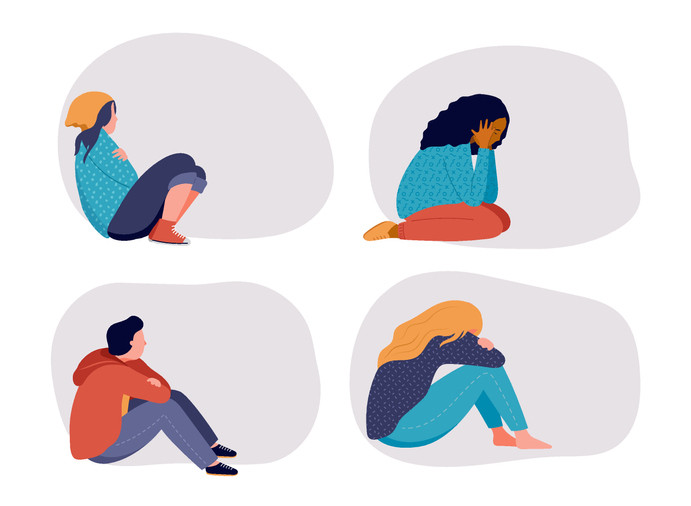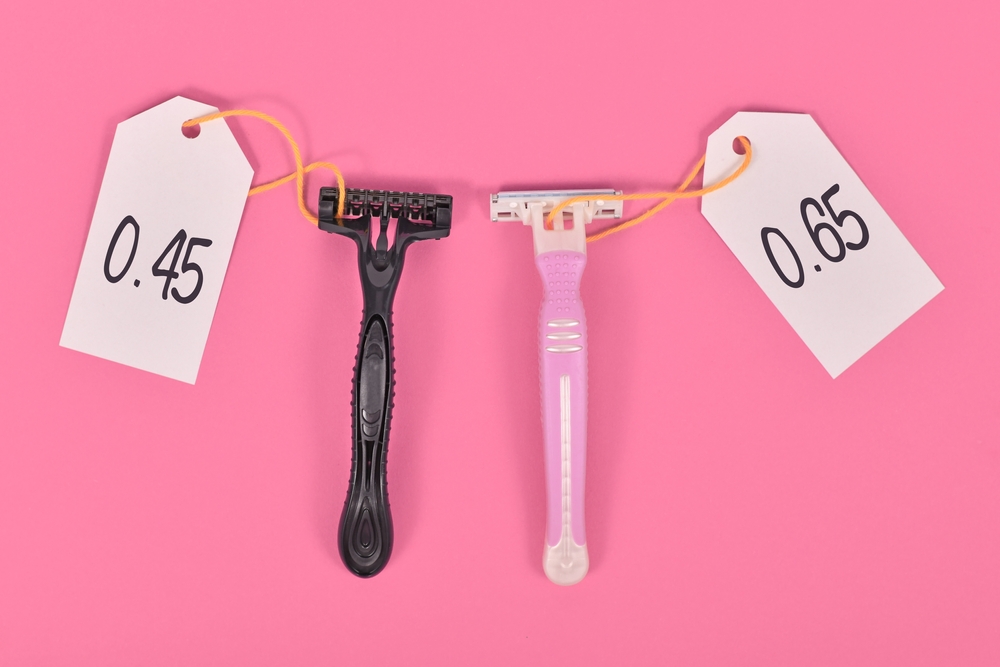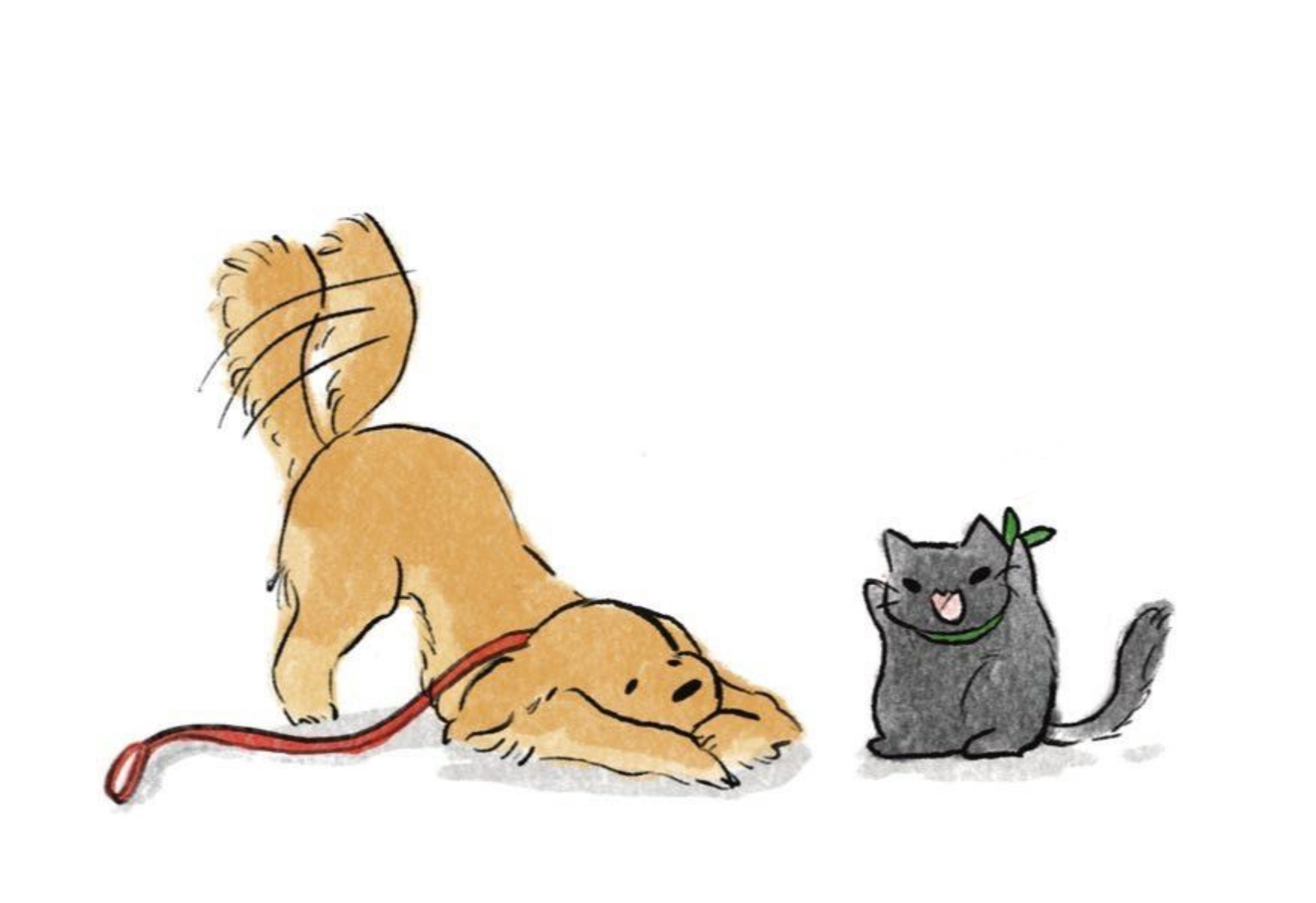Liora Abrera Manoim (12) | STAFF REPORTER
As a Catholic school, St. Robert constantly affirms the importance of virtues. We learn about virtues in our religion classes, hear about them over the announcements, and even have a virtue assigned for each month. In Civics class, we learn about our rights and freedoms as citizens of Canada. We are taught that all virtues should be upheld no matter what and that we should have access to our rights and freedoms under any circumstance. What happens when two rights — two virtues — contradict one another? Which takes priority?
One may wonder why this is of any consequence, but the fact is that this problem is extremely relevant in this day and age. The Internet and social media platforms like Twitter have taken our ability to speak freely to new heights, while online news sources and encyclopedias hosted on websites have given anyone with a wifi connection unprecedented access to seemingly unlimited information.

But this comes with its share of problems: since anyone is free to say anything, people can make up facts and pass them off as truth, and the Internet allows these fake facts to reach more people than ever before.
Did you know that in 2019 approximately 70% of people surveyed were concerned about the trustworthiness of the news they read online?[1] On top of that, in the same year, a poll showed that 90% of Canadians had fallen for fake news,[2] and 80% of Americans reported that they had seen fake news about COVID-19 by 2023.[3]
Many people know that we have the Right to Free Speech. However, we also have the Right to Know: the right to participate in an informed way regarding decisions that affect us.[4] The freely spread misinformation that is found online restricts our ability to make informed decisions about things that could potentially harm or benefit us, thereby infringing on our Right to Know. While I do believe that free speech is something that should not be restricted, I also believe in the Right to Know; anything posted on the Internet that claims to be the truth should be passed through fact-checkers before it is shown to the wider public.
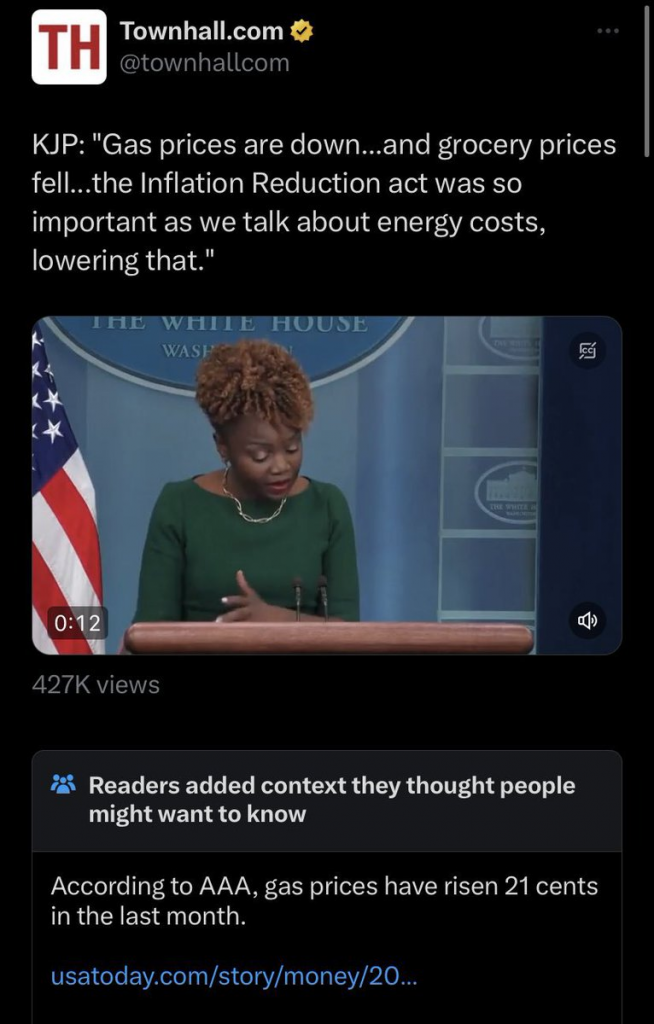
Unfortunately, though misinformation transgresses upon our Right to Know, little is being done to combat it on the Internet. The online world is simply too massive to regulate, and it would require cooperation from the governments of every country with Internet access. For now, it is up to us to double-check the veracity of the claims made online. The only person who can protect you in the war against misinformation is yourself.
